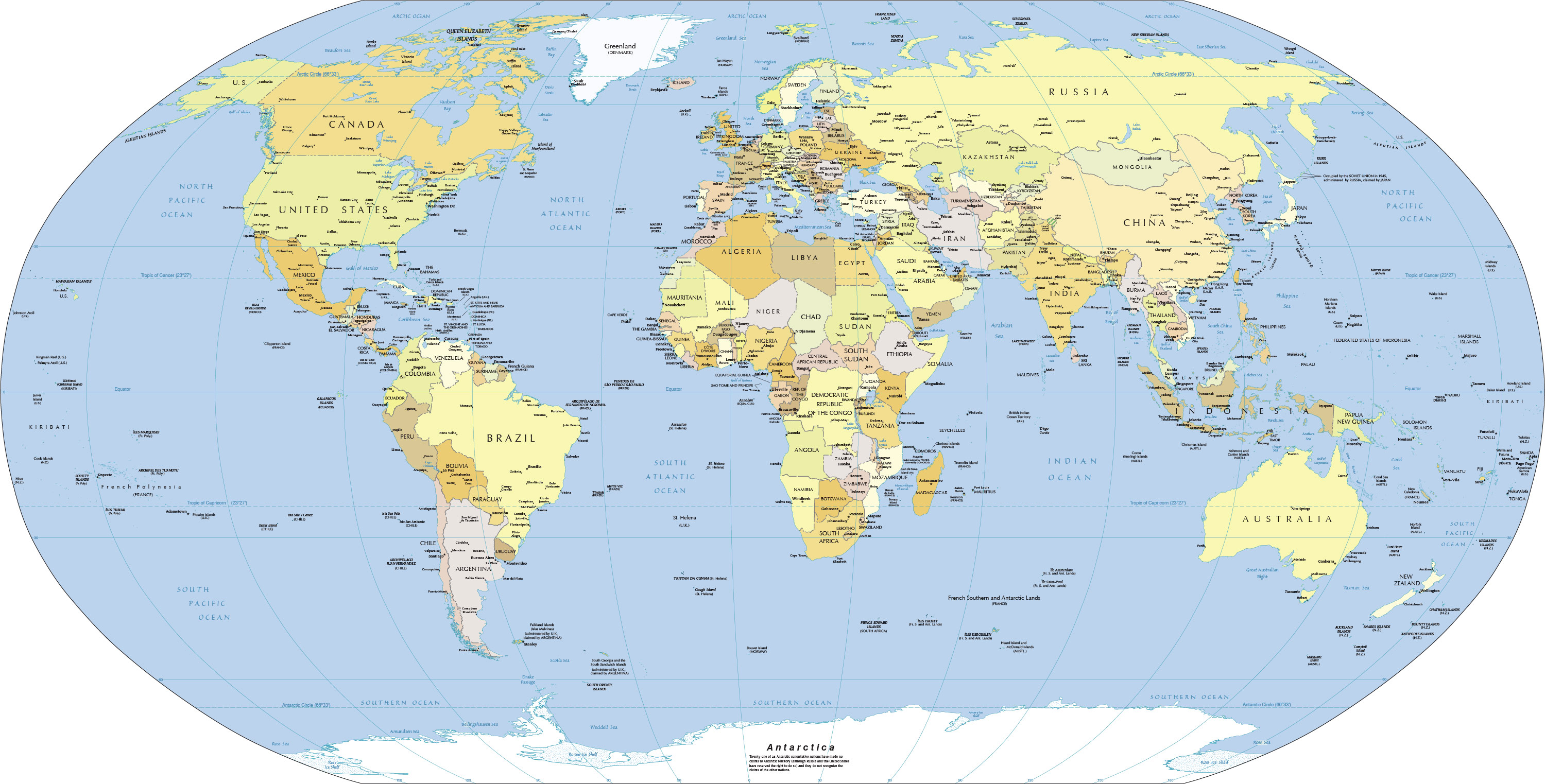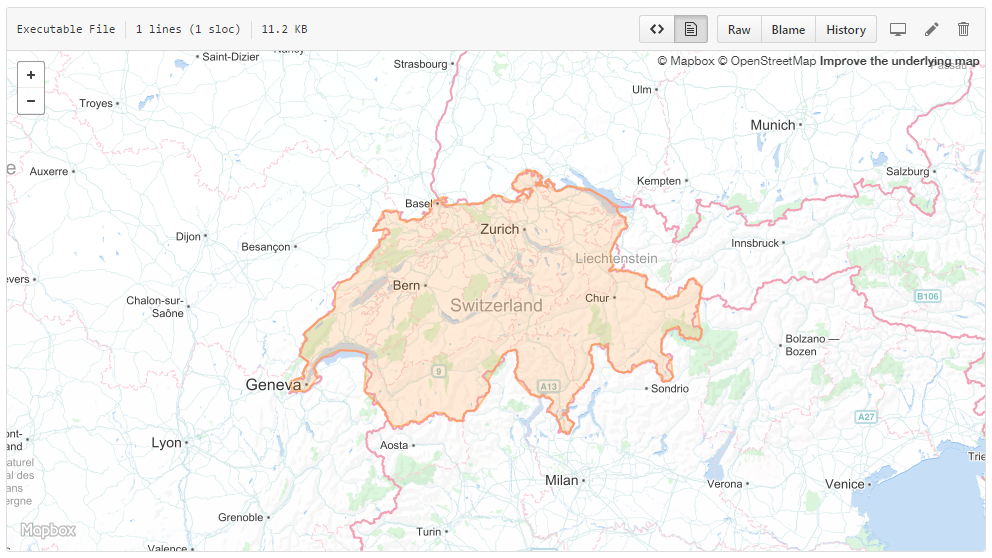pragmarx / countries
PHP Countries and Currencies
Installs: 3 309 757
Dependents: 20
Suggesters: 0
Security: 0
Stars: 1 919
Watchers: 45
Forks: 300
Open Issues: 70
pkg:composer/pragmarx/countries
Requires
- php: ^8.1|^8.2|^8.3|^8.4
- colinodell/json5: ^2.0|^3.0
- illuminate/collections: ^10.48|^11.0|^12.0
- nette/caching: ^3.0|^4.0
- psr/simple-cache: ^3.0
Requires (Dev)
- gasparesganga/php-shapefile: ^3.4
- laravel/framework: ^10.0|^11.0|^12.0
- phpstan/phpstan: ^1.12
- phpunit/phpunit: ^9.0|^10.0|^11.0
- timeweb/phpstan-enum: ^3.0|^4.0
README
Countries
What does it gives you?
This package has all sorts of information about countries:
| info | items |
|---|---|
| taxes | 32 |
| geometry maps | 248 |
| topology maps | 248 |
| currencies | 256 |
| countries | 266 |
| timezones | 423 |
| borders | 649 |
| flags | 1,570 |
| states | 4,526 |
| cities | 7,376 |
| timezones times | 81,153 |
Geology and topology maps
Amongst many other information you'll be able to plot country maps:
Requirements
- PHP 8.1+
- Uses Laravel Collections (illuminate/collections) - compatible with Laravel 11 & 12
Version Compatibility
| PHP | Countries | Notes |
|---|---|---|
| < 8.0 | <= 0.8.2 | Legacy versions |
| 8.0 | <= 0.8.3 | Legacy versions |
| >= 8.1 | ^1.0 | Modern PHP with Laravel Collections support |
Current version: 1.0.0 - Modern PHP 8.3, 8.4 and 8.5 (alpha) compatibility
What's New in v1.0.0
- ✅ PHP 8.3, 8.4 and 8.5 (alpha) compatibility
- ✅ Updated to modern dependency versions
- ✅ Custom Collection implementation (replaces pragmarx/coollection)
- ✅ Laravel 10, 11 & 12 support
- ✅ PHPUnit 10 and 11 support
- ✅ Maintained full backward compatibility with PHP 8.1
Installing
Use Composer to install it:
composer require pragmarx/countries
Instantiating
use PragmaRX\Countries\Package\Countries; $countries = new Countries(); echo $countries->where('cca2', 'IT')->first()->hydrateCurrencies()->currencies->EUR->coins->frequent->first(); // or calling it statically echo Countries::where('cca2', 'IT')->first()->hydrateCurrencies()->currencies->EUR->coins->frequent->first();
Should both return
€1
Overloading the default configuration:
use PragmaRX\Countries\Package\Services\Config; $countries = new Countries(new Config([ 'hydrate' => [ 'elements' => [ 'currencies' => true, 'flag' => true, 'timezones' => true, ], ], ]));
Usage
This package is not tied to Laravel and doesn't require it to be installed (we have a bridge for this purpose), but it has Laravel Collections in its core, all methods in Collections are available, this way you can do things like filter, map, reduce, search, sort, reject, and a lot more. It, actually, uses Coollection, which is Laravel Collections with a fluent syntax, allowing us to have access to array keys (and values) as object properties.
To get all countries in the data base you just have to:
use PragmaRX\Countries\Package\Countries; $countries = new Countries(); $all = $countries->all();
To get a json you:
return $countries->toJson();
Filter by keys and values:
$countries->where('name.common', 'Brazil');
Will find Brazil by its common name, which is a
#items: array:22 [▼
"name" => array:3 [▼
"common" => "Brazil"
"official" => "Federative Republic of Brazil"
"native" => array:1 [▼
"por" => array:2 [▼
"official" => "República Federativa do Brasil"
"common" => "Brasil"
]
]
]
Or alternatively you can filter like this
$countries->whereNameCommon('Brazil');
And, you can go deepeer
$countries->where('name.native.por.common', 'Brasil');
Or search by the country top level domain
$countries->where('tld.0', '.ch');
To get
"name" => array:3 [▼
"common" => "Switzerland"
"official" => "Swiss Confederation"
"native" => array:4 [▶]
]
"tld" => array:1 [▼
0 => ".ch"
]
And use things like pluck
$countries->where('cca3', 'USA')->first()->hydrateStates()->states->pluck('name', 'postal')->toArray();
To get
"MA" => "Massachusetts" "MN" => "Minnesota" "MT" => "Montana" "ND" => "North Dakota" ...
The package uses a modified Collection which allows you to access properties and methods as objects:
$countries->where('cca3', 'FRA') ->first() ->borders ->first() ->name ->official;
Should give
Principality of Andorra
Borders hydration is disabled by default, but you can have your borders hydrated easily by calling the hydrate method:
$countries->where('name.common', 'United Kingdom') ->hydrate('borders') ->first() ->borders ->reverse() ->first() ->name ->common;
Should return
Ireland
Hydration
To improve performance, hydration, which is enabled by default, can be disable on most country properties, and this is how you manually hydrate properties:
$countries->where('name.common', 'United States')->first()->hydrate('timezones')->timezones->first()->zone_name; $countries->where('name.common', 'United States')->first()->hydrate('timezones')->timezones->first()->zone_name;
Those are some of the hydratable properties:
- Borders
- Cities
- Currencies
- Flag
- Geometry
- Languages
- States
- Taxes
- Timezone
- Topology
Extra where rules
Some properties are stored differently and we therefore need special rules for accessing them, these properties are
ISO639_3=> The 3 letter language code.ISO4217=> The 3 letter currency code.
You can of course access them like other properties
$countries->whereISO639_3('por')->count(); $countries->where('ISO639_3', 'por')->count();
Mapping
Sometimes you would like to access a property by a different name, this can be done in settings, this way
'maps' => [ 'lca3' => 'ISO639_3' ]
Here we bind the language 3 letter short code ISO format to lca3, which is short for language code alpha 3-letter.
So now we can access the property by
$countries->whereLca3('por');
Or
$countries->where('lca3', 'por');
Some other examples from Laravel News and some other contributors
Generate a list of all countries with code, using native name and common
app(PragmaRX\Countries\Package\Countries::class) ->all() ->map(function ($country) { $commonName = $country->name->common; $languages = $country->languages ?? collect(); $language = $languages->keys()->first() ?? null; $nativeNames = $country->name->native ?? null; if ( filled($language) && filled($nativeNames) && filled($nativeNames[$language]) ?? null ) { $native = $nativeNames[$language]['common'] ?? null; } if (blank($native ?? null) && filled($nativeNames)) { $native = $nativeNames->first()['common'] ?? null; } $native = $native ?? $commonName; if ($native !== $commonName && filled($native)) { $native = "$native ($commonName)"; } return [$country->cca2 => $native]; }) ->values() ->toArray();
Should give you 267 (or so) countries like:
"AW" => "Aruba"
"AF" => "افغانستان (Afghanistan)"
"AO" => "Angola"
"AI" => "Anguilla"
"AX" => "Åland (Åland Islands)"
"AL" => "Shqipëria (Albania)"
"AD" => "Andorra"
"AE" => "دولة الإمارات العربية المتحدة (United Arab Emirates)"
"AR" => "Argentina"
"AM" => "Հայաստան (Armenia)"
"AS" => "American Samoa"
"AQ" => "Antarctica"
"TF" => "Terres australes et antarctiques françaises (French Southern and Antarctic Lands)"
"AG" => "Antigua and Barbuda"
"AU" => "Australia"
"AT" => "Österreich (Austria)"
"AZ" => "Azərbaycan (Azerbaijan)"
"BI" => "Burundi"
"BE" => "Belgien (Belgium)"
"BJ" => "Bénin (Benin)"
"BF" => "Burkina Faso"
"BD" => "বাংলাদেশ (Bangladesh)"
"BG" => "България (Bulgaria)"
"BH" => "البحرين (Bahrain)"
"BS" => "Bahamas"
"BA" => "Bosna i Hercegovina (Bosnia and Herzegovina)"
"BL" => "Saint-Barthélemy (Saint Barthélemy)"
"SH" => "Saint Helena, Ascension and Tristan da Cunha"
"BY" => "Белару́сь (Belarus)"
"BZ" => "Belize"
"BM" => "Bermuda"
"BO" => "Wuliwya (Bolivia)"
"BQ" => "Caribisch Nederland (Caribbean Netherlands)"
"BR" => "Brasil (Brazil)"
"BB" => "Barbados"
"BN" => "Negara Brunei Darussalam (Brunei)"
"BT" => "འབྲུག་ཡུལ་ (Bhutan)"
"BV" => "Bouvetøya (Bouvet Island)"
"BW" => "Botswana"
"CF" => "République centrafricaine (Central African Republic)"
"CA" => "Canada"
"CC" => "Cocos (Keeling) Islands"
"CH" => "Suisse (Switzerland)"
"CL" => "Chile"
"CN" => "中国 (China)"
"CI" => "Côte d'Ivoire (Ivory Coast)"
"CM" => "Cameroon"
"CD" => "RD Congo (DR Congo)"
"CG" => "République du Congo (Republic of the Congo)"
"CK" => "Cook Islands"
"CO" => "Colombia"
"KM" => "القمر (Comoros)"
"CV" => "Cabo Verde (Cape Verde)"
...
Generate a list of countries
$countries->all()->pluck('name.common')->toArray();
returns
[
"Aruba",
"Afghanistan",
"Angola",
"Anguilla",
"Åland Islands",
....
Generate a list of currencies
$countries->all()->pluck('currencies')->toArray();
returns
[
[
"AWG",
],
[
"AFN",
],
[
"AOA",
],
[
"XCD",
],
[
"EUR",
],
....
Get the currency symbol
$countries->where('name.common', 'Brazil')->first()->hydrate('currencies')->currencies->BRL->units->major->symbol;
Generate a list of States
$countries->where('name.common', 'United States') ->first() ->hydrateStates() ->states ->sortBy('name') ->pluck('name', 'postal');
returns
[
"AL": "Alabama",
"AK": "Alaska",
"AZ": "Arizona",
"AR": "Arkansas",
"CA": "California",
....
....
Hydrate and get a cities
$countries->where('cca3', 'FRA') ->first() ->hydrate('cities') ->cities ->paris ->timezone;
Should return
Europe/Paris
Get a countries currencies
$countries->where('name.common', 'United States')->first()->currencies;
returns
[{
"alternativeSigns": [],
"ISO4217Code": "USD",
"ISO4217Number": "840",
"sign": "$",
"subunits": 100,
"title": "U.S. dollar",
....
Get all currencies
$countries->currencies();
returns
[
0 => "AED"
1 => "AFN"
2 => "ALL"
3 => "AMD"
4 => "ANG"
5 => "AOA"
6 => "ARS"
7 => "AUD"
8 => "AWG"
9 => "AZN"
10 => "BAM"
....
Get the timezone for a State
return $countries->where('name.common', 'United States')->first()->timezone->NC;
returns
America/New_York
Get all timezones for a country
$countries->where('name.common', 'Brazil') ->first() ->hydrateTimezones() ->timezones ->map(function ($timezone) { return $timezone->zone_name; })->values() ->unique() ->toArray();
Get all times for a timezone
return $countries->where('name.common', 'United States Virgin Islands')->first()->hydrate('timezones_times')->timezones->first()->times;
returns
"times" => [ "abbreviation" => "LMT" "dst" => "0" "gmt_offset" => "-14764" "time_start" => "-1825098837" "zone_id" => "415" 1 => [ "abbreviation" => "AST" "dst" => "0" "gmt_offset" => "-14400" "time_start" => "-1825098836" "zone_id" => "415" ] ]
Flags
Countries provides many different flag sources, including SVG flags. This is how you use one of the available sources:
Install flag-icon
npm install --save-dev flag-icon-css
Import it to your project
@import '~flag-icon-css/sass/flag-icon.scss';
Use Countries to get the flag span
$unitedStatesFlag =
$this->countries->where('cca3', 'USA')
->first()
->flag
->flag_icon;
Render it in your blade template
{!! $unitedStatesFlag !!}
Publishing assets
You can publish configuration by doing:
php artisan vendor:publish --provider=PragmaRX\\Countries\\ServiceProvider
Data
Sources
This package uses some other open source packages and, until we don't build a better documentation, you can find some more info about data on mledoze/countries and how to use it on this fantastic Laravel News article.
Please check the copyright section for a complete list of packages used by this one.
Updating
WARNING
No data files (JSON, images, icons...) on this project can be updated manually. We will close all pull requests requiring manual updates to those files will be closed, because the update script will delete them anyway.
If you find something wrong with data, you, please, have to ask the package managers (listed data sources and on the copyright section) to fix them, and then you can yourself run the update script to properly update them on this repository.
update.php
This package comes with the update.php script, which you MUST use to update the data files. It will download all info from all packages and automatically build the .json (and some others like .svg too). This is how you do it:
cd vendor/pragmarx/countries
composer install
php update.php
And wait for a very long time* (sometimes it looks like stuck but it's not) until it finishes rebuilding everything, then it's just a matter of staging, commit, push all regenerated files, and draft a new PR.
Cache
Since this data is not supposed to change, calls are automatically cached.
If you want to change this behaviour, you can edit config/countries.php file once it's published.
Framework bridges
Sample files
- sample-partial.json: example of a country with no borders hydrated.
- sample-full.json: example of a fully hydrated country.
Author
Antonio Carlos Ribeiro All contributors
Copyright
To build the countries database and relations, this package make use of those sources and packages:
- mledoze/countries
- Natural Earth Vector
- rinvex/country
- commerceguys/tax
- timezonedb
- wiredmax/world-currencies
License
Countries is licensed under the BSD 3-Clause License - see the LICENSE file for details
Contributing
Pull requests and issues are more than welcome.


